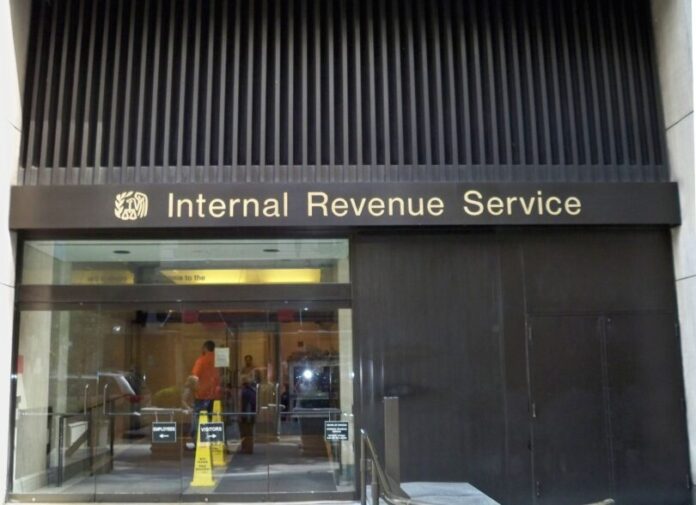
By Stacy M. Brown, NNPA Newswire Senior National Correspondent
IRS Commissioner Danny Werfel commemorated the one-year anniversary of President Joe Biden’s Inflation Reduction Act by breathing a sigh of relief.
Werfel called the legislation a game changer that injected a substantial financial boost into the IRS, earmarking tens of millions of dollars above and beyond its operational budget to catalyze enhancements and bolster enforcement.
“For well over a decade,” Werfel told Forbes, “The agency has grappled with challenges.”
The reduction in funding has resulted in decreased services and limited staff availability.
In 2022, the IRS had 79,070 full-time equivalent positions, which was a 9.1% decrease from 2013.
Werfel explained that when the Inflation Reduction Act injected funding into the IRS, it led to a significant and immediate change in the IRS’s approach to taxpayers. This change also contributed to new recruitment.
Werfel estimated that the number of full-time employees (FTE) was close to 90,000, considering the complexities of hiring in a changing environment that required balancing attrition and recruitment.
While this figure might appear reminiscent of 2022, it stands in parity with figures from roughly a decade ago.
Werfel emphasized the significant impact of IRA funding on improving taxpayer service quality during the 2023 filing season.
However, recent actions in the House of Representatives have injected a note of contention.
House Republicans voted to cut the funding of the IRS to undermine President Biden’s $80 billion overhaul.
The motion was unable to move forward because it didn’t receive enough votes in the Senate, which is controlled by Democrats.
The measure ultimately stalled after passing the House with a partisan vote of 221 to 210. Democrats unanimously opposed it while Republicans showed strong support.
Senate Finance Committee Chair Ron Wyden (D-Oregon) criticized Republican budget cuts, stating that they created an unfair tax enforcement system that negatively impacts working families while granting leniency to wealthy tax evaders.
Democrats responded by providing more money to the IRS, eliminating unfair treatment, targeting wealthy tax evaders, and improving service for all taxpayers.
“Republican budget cuts created a double standard for tax enforcement that put too much of the audit burden on working families and ushered in a golden age for wealthy tax cheats,” Wyden stated.
“Democrats passed additional funding for the IRS to fix the double standard, crack down on wealthy tax cheats and improve customer service for everybody else.”
Wyden added that Republicans have now spent months distorting the facts because they want to frighten workers and small businesses, repeal the funding, and help wealthy tax cheats continue getting away with breaking the law.
“The bulk of this funding, however, will go toward building up the IRS’s capacity to root out cheating by sophisticated, wealthy individuals and companies with highly complex structures,” Wyden noted.
For example, he said only a fraction of a fraction of large partnerships get audited today, even among those that are highly profitable, and that’s because the IRS doesn’t have the manpower or the resources to properly examine whether complex business structures are following the law.
Similarly, Wyden said, wealthy individuals who can afford to hire armies of accountants and lawyers are able to stay ahead of the IRS and skip out on paying a fair share.
“That’s who Republicans are protecting by spreading their falsehoods about 87,000 armed IRS agents busting down people’s doors,” he said.
“The reality is, hardworking Americans who pay taxes out of every paycheck understand that they’re getting ripped off by wealthy tax cheats who are getting away with breaking the law. They want it to stop, and that’s what Democrats are working to accomplish.”

